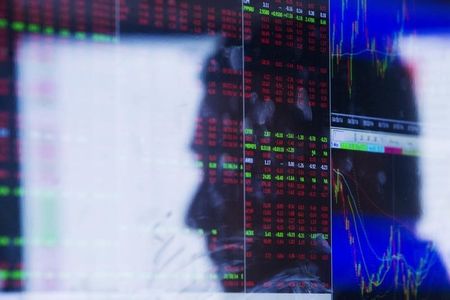In the world of finance, high frequency trading is a term that gets tossed around a lot. But what is it, exactly? High frequency trading (HFT) is a type of algorithmic trading where orders are placed and canceled or modified in a matter of milliseconds. This type of trading has pros and cons, and not everyone agrees on whether it’s good for the market as a whole. In this blog post, we’ll take a closer look at HFT and discuss both the positives and negatives of this controversial practice.
Pros of high frequency trading
-Can provide liquidity to the market
-Can help to lower transaction costs
-Allows for faster execution of trades
Cons of high frequency trading
-Can create instability in the markets
-May give some traders an unfair advantage
-Has been linked to past market crashes
What is the impact of high frequency trading on market quality?
The jury is still out on whether high frequency trading has a positive or negative impact on market quality. Some experts argue that HFT can help to increase liquidity and make markets more efficient. Others worry that HFT could lead to increased market volatility and crashes. The truth is, we don’t yet know enough about how HFT affects markets to say definitively one way or the other.
Is high frequency trading manipulation?
There is some debate over whether high frequency trading constitutes manipulation. Some say that HFT firms have an unfair advantage because they are able to see and react to market conditions faster than other traders. Others argue that HFT is not manipulative because all traders have access to the same information. The reality is that we don’t know for sure whether HFT is manipulative or not. Only time will tell.
What are the problems with high frequency trading?
While there are some potential benefits to high frequency trading, there are also some serious risks. One of the biggest problems with HFT is that it can create instability in the markets. HFT firms often place and cancel large numbers of orders, which can create sharp swings in prices. This volatility can make it difficult for other traders to execute trades and can lead to market crashes. Additionally, some experts worry that HFT gives an unfair advantage to the firms that use it. These firms often have access to information and technology that other traders do not, which gives them an edge. Finally, high frequency trading has been linked to past market crashes, including the 2010 Flash Crash.
Do high frequency trading firms use Artificial Intelligence (AI)?
Yes, some high frequency trading firms use AI to make decisions about when to buy and sell. AI can help these firms to process large amounts of data quickly and make trades in a matter of milliseconds. However, not all HFT firms use AI, and some experts argue that AI gives an unfair advantage to the firms that do use it.
Does high frequency trading create volatility?
Yes, high frequency trading can create volatility in the markets. HFT firms often place and cancel large numbers of orders, which can create sharp swings in prices. This volatility can make it difficult for other traders to execute trades and can lead to market crashes.
On the other hand, some argue that high frequency trading actually reduces volatility. HFT firms provide liquidity to the markets by making it easier for buyers and sellers to find each other. They also help to stabilize prices by providing a large number of orders that can act as a buffer against sharp price swings.
So, what’s the verdict? The truth is that it’s hard to say for sure whether high frequency trading creates or reduces volatility. It likely depends on the specific circumstances of each market. In any case, it’s important to be aware of the potential risks and rewards of high frequency trading before you decide to get involved.
Closing thoughts
High frequency trading is a controversial topic. Some experts argue that it has benefits, while others worry about the risks. The truth is, we don’t yet know enough about how HFT affects markets to say definitively one way or the other. Only time will tell. In the meantime, it’s important to be aware of the potential risks and rewards of high frequency trading before you decide to get involved.
Do you think high frequency trading is a good thing for the markets? Why or why not? Let us know in the comments below.
Further questions
What's your question? Ask it in the discussion forum
Have an answer to the questions below? Post it here or in the forum




